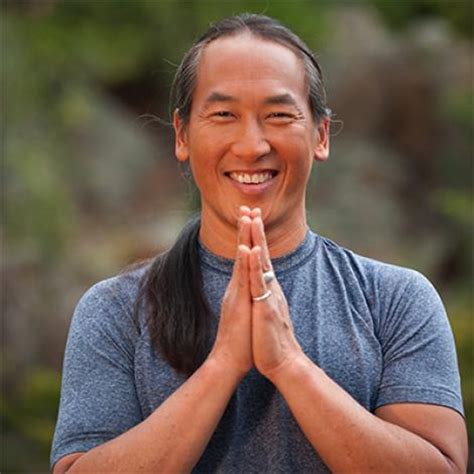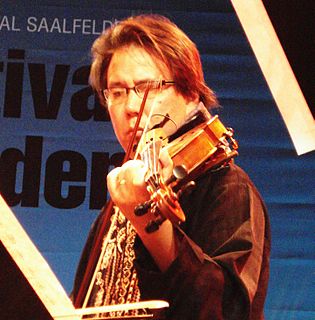A Quote by Gordon Hempton
"Acoustic ecologist" is basically a fancy name for someone who tries to become a better listener. Not just listening to those thoughts, ideas, and productions of human intention, but listening to places - whether it's an urban environment, residential, industrial, or even the farthest corner of the world, in one of our last great quiet places where we can listen to the pure sounds of nature without any human-caused noise intrusions.
Quote Topics
Acoustic
Any
Basically
Become
Better
Caused
Corner
Environment
Even
Fancy
Farthest
Great
Human
Ideas
Industrial
Intention
Just
Just Listen
Last
Listen
Listener
Listening
Name
Nature
Noise
Our
Places
Productions
Pure
Quiet
Quiet Place
Residential
Someone
Sounds
Those
Thoughts
Tries
Urban
Urban Environment
Whether
Without
World
Related Quotes
Deep Listening is listening in every possible way to everything possible to hear no matter what you are doing. Such intense listening includes the sounds of daily life, of nature, or one's own thoughts as well as musical sounds. Deep Listening represents a heightened state of awareness and connects to all that there is. As a composer I make my music through Deep Listening
Take time to be quiet. This is something that we don't do enough in this busy world of ours. We rush, rush, rush, and we are constantly listening to noise all around us. The human heart was meant for times of quiet, to peer deep within. It is when we do this that our hearts are set free to soar and take flight on the wings of our own dreams! Schedule some quiet "dream time" this week. No other people. No cell phone. No computer. Just you, a pad, a pen, and your thoughts.
Become better listeners. Practice the art of listening in everything you do. Not just listening to yourself and your body, but listening to the people around you, listening to the plant world, the animal world. Really open your ears to what's coming at you. From there, see if you can have the ability to respond instead of react. And that usually comes with listening. If the observation and the listening are deep, then your action will be deep also.
Listening is more than being quiet. Listening is much more than silence. Listening requires undivided attention. The time to listen is when someone needs to be heard. The time to deal with a person with a problem is when he has the problem. The time to listen is the time when our interest and love are vital to the one who seeks our ear, our heart, our help, and our empathy.
When you're listening to music, you listen to it with a friend one day and it sounds one way. You listen to it with another friend the next day, and it sounds a little different. Sometimes the greatest pleasure of listening is not the music that you're listening to; it's the person that you're listening to it with.
An acoustic ecologist is a listener who is aware that sound is information. It's information because it's created by events, events produce sound, and that sound has all kinds of data, if you will, that conveys what event occurred, what the materials were, whether it was sudden, slow, loud, in what direction. And because it is information, we can think of it as a message. The acoustic ecologist studies information systems that are both intentional and sometimes wild.
Many environmentalists have failed to recognize that the preservation of quiet areas, places off-limits to noise pollution, should probably be a number-one environmental concern, not something we're going to get to later. And I say that because in that quiet is a whole experience that people can have that reaches to their soul. I like to think of quiet places in nature as the think tank of the soul. It's in these very basic levels that we'll be able to see what the real problem is.
We should all know this: that listening is not talking; [it] is the gifted and great role and the imaginative role. And the true listener is much more beloved, magnetic than the talker, and he is more effective, and learns more and does more good. And so try listening. Listen to your wife, your husband, your father, your mother, your children, your friends; to those who love you and those who don't, to those who bore you, to your enemies. It will work a small miracle. And perhaps a great one.
































